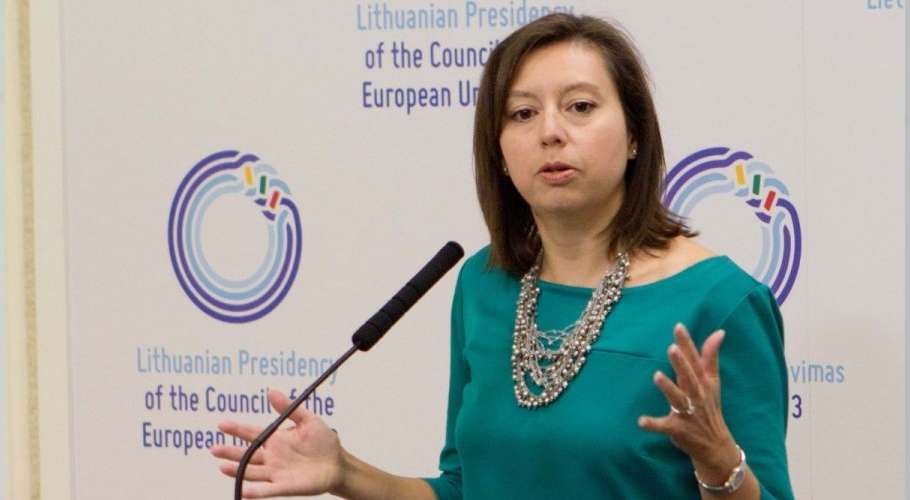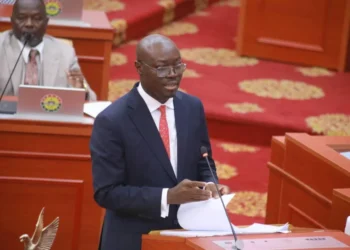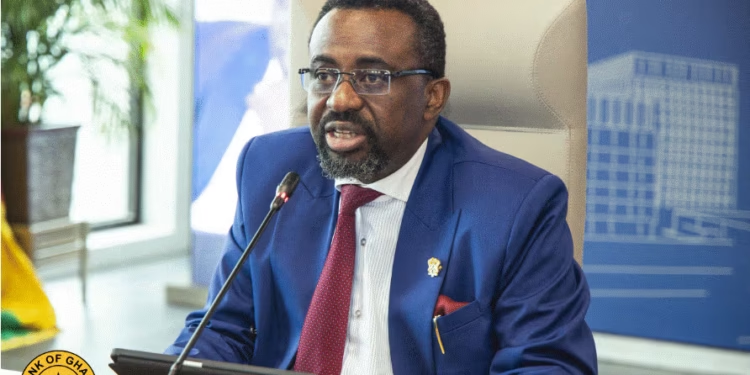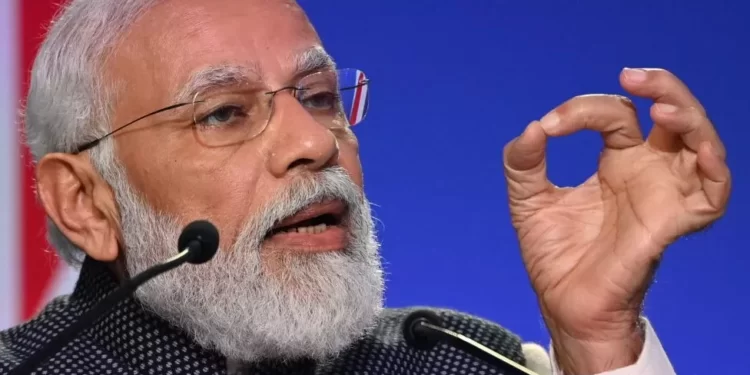The International Monetary Fund (IMF) has reaffirmed its commitment to ensuring global economic and financial stability, emphasizing its critical role in fostering international cooperation even as geopolitical dynamics continue to evolve.
This reassurance comes at a time when the United States, under the new Donald Trump administration, is advancing its “America First” agenda—a strategy that has led to a reassessment of the country’s engagement with various global institutions. Given that the U.S. is the IMF’s largest shareholder, any significant policy shifts in Washington could have implications for the Fund’s operations and international economic policy coordination.
During the IMF’s first press briefing of the year, Julie Kozack, Director of the Communications Department, stressed the organization’s unwavering dedication to its core mission. She noted that the Fund remains committed to assisting member countries in navigating economic uncertainties, ensuring that global financial systems remain resilient despite changing political and economic landscapes.
“We have a clearly defined mandate to support economic and financial stability globally and just ultimately support growth and employment in the world economy. We are continuing as an institution to remain laser-focused, of course, on that mandate. And we, as a global institution, take our responsibility to serve our membership very, very seriously.
“And we will continue to do everything that we need to do to serve our membership in the best possible way. You know, we do, as I said, have a long history of working with successive U.S. administrations, and we look forward to continuing to do so as an institution for which the U.S. is our largest shareholder.”
Julie Kozack
Her remarks underscore the IMF’s determination to maintain its role as a stabilizing force in the global economy, even as questions arise about the future direction of U.S. foreign economic policy under the Trump administration.
Potential Impacts of the “America First” Agenda
The U.S. has historically played a leading role in shaping global financial policies through institutions like the IMF. However, with the Trump administration’s focus on prioritizing domestic interests, there is growing speculation about potential changes in the country’s approach to international economic governance.
In his previous term, former President Trump expressed skepticism toward multilateral organizations, questioning their effectiveness and calling for reforms. His administration also pushed for greater scrutiny of U.S. contributions to global financial institutions, arguing that American taxpayers should not bear an outsized burden in supporting international economic programs.
If the current administration follows a similar approach, it could influence key IMF decisions, including funding allocations, policy recommendations, and the institution’s overall strategic direction. However, Kozack’s statement reflects the IMF’s confidence in its ability to maintain strong engagement with the U.S. government, irrespective of political shifts.
The IMF’s Role in a Changing Global Economy
As the global economy continues to grapple with inflationary pressures, geopolitical tensions, and post-pandemic recovery challenges, the IMF’s role remains as crucial as ever. The Fund provides financial assistance, policy advice, and economic surveillance to its 190 member countries, helping to stabilize economies in times of crisis.
In recent years, the IMF has also expanded its focus to include emerging challenges such as climate change, digital finance, and global debt sustainability. With the world’s major economies, including the U.S., facing complex economic decisions, continued collaboration with the IMF will be essential in addressing global financial risks.
While the IMF acknowledges the potential shifts in U.S. policy under the Trump administration, its leadership remains committed to upholding the institution’s global mandate. The organization’s long-standing relationship with the U.S. suggests that it will continue to work closely with Washington to support global economic stability.
As geopolitical dynamics continue to evolve, the IMF’s role as a mediator and policy advisor will be critical in maintaining international economic cooperation. Whether or not the U.S. decides to alter its engagement with the Fund, the IMF’s dedication to its mission remains steadfast, ensuring that global financial stability remains a top priority.
READ ALSO: Edward Ato Sarpong Set to Lead ADB as New Managing Director























